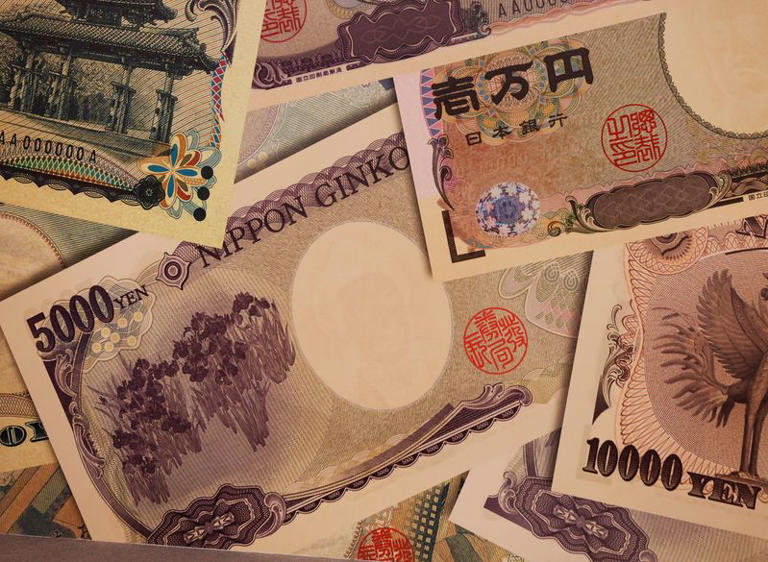Masato Kanda, serving as Japan’s vice minister of finance for international affairs, recently spoke out on the potential risks posed by disorderly and speculative-driven foreign exchange movements. In his address, Kanda emphasized Tokyo’s preparedness to take action if needed to support the yen, echoing the government’s commitment to maintaining stability in the currency markets. His statements reflected a vigilant approach towards market dynamics and underscored Japan’s willingness to intervene to address any disruptions or excessive volatility.
While acknowledging the preference for exchange rates to align with underlying economic fundamentals, Kanda highlighted the government’s stance on intervention when market conditions deviate from stability. He stressed the importance of ensuring the smooth functioning of the currency market and signaled the government’s readiness to take decisive steps to counteract any disorderly movements driven by speculative activities or excessive fluctuations.
Recent data indicating interventions to support the yen came amid concerns over its significant depreciation, prompting Kanda to emphasize the need to prevent excessive weakening and restore stability. Despite Japan’s cautious approach to intervention, owing to factors such as limited dollar reserves and international scrutiny, Kanda underscored the importance of monitoring exchange rate movements closely.
Verbal warnings issued by Japanese officials, including Kanda’s remarks, served as early indicators of potential intervention actions, signaling the government’s resolve to address currency market challenges. Such preemptive measures aimed to mitigate the impact of excessive currency depreciation and foster confidence in the yen’s stability.
The yen’s depreciation has presented policymakers with a dilemma, as it benefits Japanese exporters while posing challenges such as increased import costs and inflationary pressures. Kanda highlighted the role of global interest rate differentials in driving currency flows, as investors seek higher yields amid expectations of interest rate hikes by the Federal Reserve.
In addition to addressing domestic concerns, Kanda noted the shared apprehensions among other countries, including members of the ASEAN+3 group, regarding exchange rate volatility. This collaborative approach reflects a concerted effort to address currency market challenges and promote stability across the region, underscoring the importance of international cooperation in managing global economic uncertainties.
Overall, Kanda’s remarks reflected Japan’s proactive stance in navigating currency market dynamics and its commitment to safeguarding the yen’s stability amidst evolving global economic conditions. By signaling readiness to intervene if necessary, Japanese authorities aim to instill confidence and ensure the orderly functioning of the currency markets.
